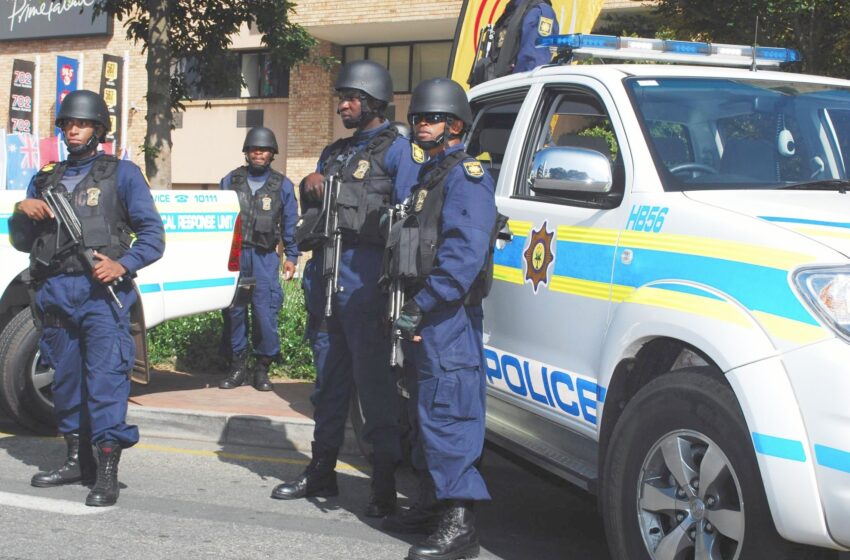SAPS e-recruitment 2025: Here’s what new recruits will earn and for how long

New recruits are in high demand—but here’s what life looks like after making the SAPS cut.
With the 2025 SAPS e-recruitment drive well underway, excitement continues to mount among young South Africans eager to serve in the country’s law enforcement sector. The call is open to individuals aged 18 to 35 who meet the eligibility criteria, including having no criminal record or pending charges, a matric certificate, and being mentally and physically fit.
The online portal has seen heavy traffic as thousands rush to complete their applications—but few are asking an equally important question: What happens after you’re accepted?
What Comes After Selection?
Getting selected is just the first step. Successful applicants will not immediately be deployed to police stations or assigned duties. Instead, they must go through a comprehensive training programme designed to equip them with the knowledge, discipline, and specialised skills needed to operate effectively within the force.
This training is a crucial part of SAPS’ modern recruitment strategy, especially as the institution seeks to improve service delivery, crime intelligence capacity, and professionalism across the board.
READ ALSO
SAPS e-recruitment 2025: Specific kills and qualifications that give candidates an edge
SAPS e-recruitment: Duration, salary and benefits, other key details
South Africa: Is SAPS recruiting police trainees as claimed?
SAPS intelligence scandal: Explaining Khumalo’s arrest, public reactions and next steps
Dumisani Khumalo, 5 others granted bail in crime intelligence corruption case…here’s what to know
SAPS e-recruitment 2025: Eligibility, application process, requirements, and others to know
SAPS e-recruitment 2025: List of those ineligible to apply
How Long Is the Training—and Is It Paid?
Here’s where the details matter.
Successful candidates will be placed in one of SAPS’ official training academies located across the country. The training programme lasts for nine months, during which time recruits will undergo both theoretical and practical instruction in areas ranging from constitutional law and arrest procedures to fitness, firearm handling, and community policing.
To support them during this period, each recruit will receive a monthly stipend of R4,500. While this is not equivalent to a full salary, it is meant to cover basic living expenses as trainees focus entirely on their development.
The stipend is only valid during the training phase and is not guaranteed beyond the nine-month period. Upon successful completion of the programme, trainees may then be offered permanent placement depending on available positions and overall performance.
Why This Matters
For many young South Africans, especially those from disadvantaged backgrounds, the SAPS training opportunity offers not just a pathway into employment but a chance to develop real-world skills and serve the country. However, it’s important that applicants understand the full scope of what the process entails—including the nine-month commitment and limited stipend—before making the leap.

